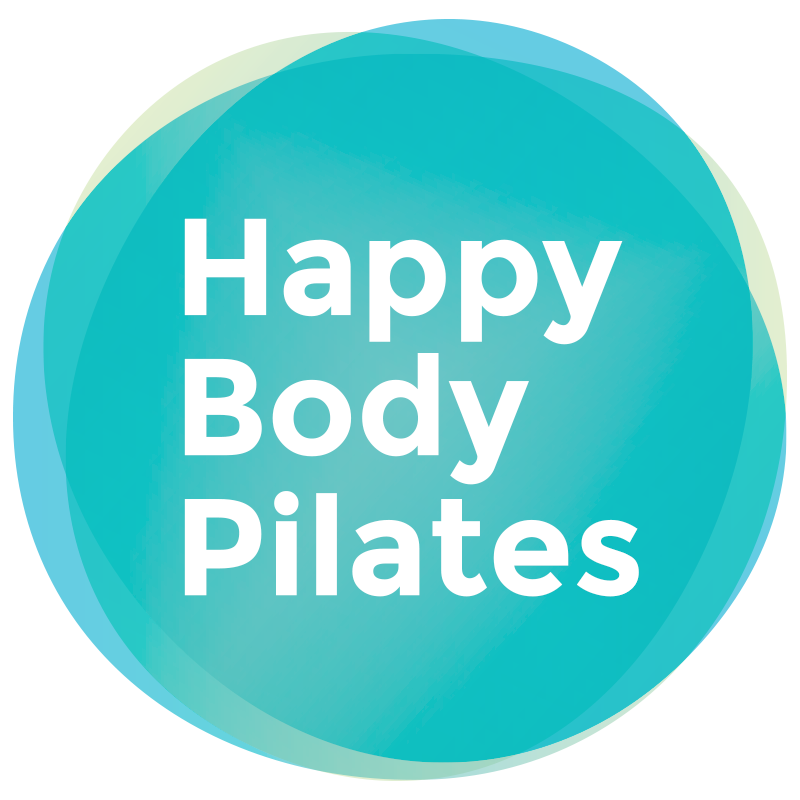Four pillars of health
In the pursuit of a healthy, long and fulfilling life, there are four fundamental pillars that form the cornerstone of overall health: sleep, nutrition, exercise, and mental wellbeing. Together, these pillars create a strong foundation upon which we can build a balanced and wholesome lifestyle and improve the length of time that we are not only alive, but healthy too (healthspan). Each pillar is interconnected, influencing the others in a profound way, and neglecting one can lead to imbalances that impact our health and quality of life.
Let’s take a deeper dive into each pillar and suggest some changes you could make to help improve each one.
Sleep:
Sleep is often undervalued in today's fast-paced society, yet it’s essential for our physical, mental, and emotional health. During sleep, the body repairs and regenerates tissues, consolidates memories, and regulates hormones. It’s recommended that adults should get 7-9 hours sleep for optimal health.
Chronic sleep deprivation has been linked to a myriad of health issues, including weakened immune function, increased risk of chronic diseases such as obesity and diabetes, and impaired cognitive function. So what can we do?
To prioritise sleep, establish a consistent sleep schedule, create a relaxing bedtime routine, and ensure your sleep environment is conducive to rest.
Are you struggling to get your 7-9 hours of good quality sleep? Read Dr Michael Mosely’s five tips to help improve your sleep.
Nutrition:
Nutrition is the fuel that powers our bodies and minds, influencing every aspect of our health. A balanced diet rich in whole foods such as fruits, vegetables, lean proteins, nuts and whole grains provides essential nutrients necessary for optimal functioning. Conversely, a diet high in processed foods, sugar, and unhealthy fats can contribute to weight gain, inflammation, and chronic diseases. Eating the right kind of food can be just as, or even more effective, than taking medication. After all, Hippocrates said ‘Let food be thy medicine’.
As we age, protein becomes more important to help maintain muscle mass so it’s important to ensure you’re getting the right amount for you. And this doesn’t mean eating more meat! There are plenty other healthy(ier) sources of protein e.g. legumes, nuts, green leafy veg, whole grains etc. This article by Zoe will help you learn more about protein.
Exercise:
Regular physical activity is key to maintaining a strong and resilient body, as well as supporting mental health and cognitive function. Exercise strengthens muscles and bones, improves cardiovascular health, and boosts mood by releasing endorphins, the body's natural feel-good chemicals.
Whether it's through cardiovascular workouts, strength training, Pilates, or simply taking regular walks, finding activities that you enjoy and incorporating them into your routine is essential for long-term health and vitality.
Shameless plug alert!: If you enjoy strength training and Pilates then I highly recommend joining my weekly 25-minute Pilates weights class on Mondays at 8am. It’s fun and challenging and will get your morning and week off to the right start.
Mental wellbeing:
Just as important as physical health, mental wellbeing encompasses our emotional, psychological, and social wellness. It involves managing stress effectively, cultivating positive relationships, and nurturing a resilient mindset.
Practices such as mindfulness meditation, journaling, and therapy can help reduce stress and anxiety, enhance self-awareness, and promote emotional resilience.
Additionally, making time for hobbies, relaxation, and social connections can contribute to overall happiness and life satisfaction.
The interconnectedness of the four pillars:
While each pillar plays a distinct role in promoting health, they are deeply interconnected, and neglecting one can impact the others. For example, poor sleep can lead to fatigue and cravings for unhealthy foods, while inadequate nutrition can impair physical performance and mood. Likewise, regular exercise can improve sleep quality and mental health, while prioritising mental wellbeing can enhance motivation and adherence to healthy habits. By nurturing all four pillars simultaneously, we can achieve a more harmonious balance that supports holistic health and wellbeing.
By prioritising these pillars and making conscious choices to support each aspect of our wellbeing, we can cultivate resilience, vitality, and happiness that radiates throughout every facet of our lives.
Remember, health is not just the absence of illness but the presence of vitality and flourishing in mind, body, and spirit.

